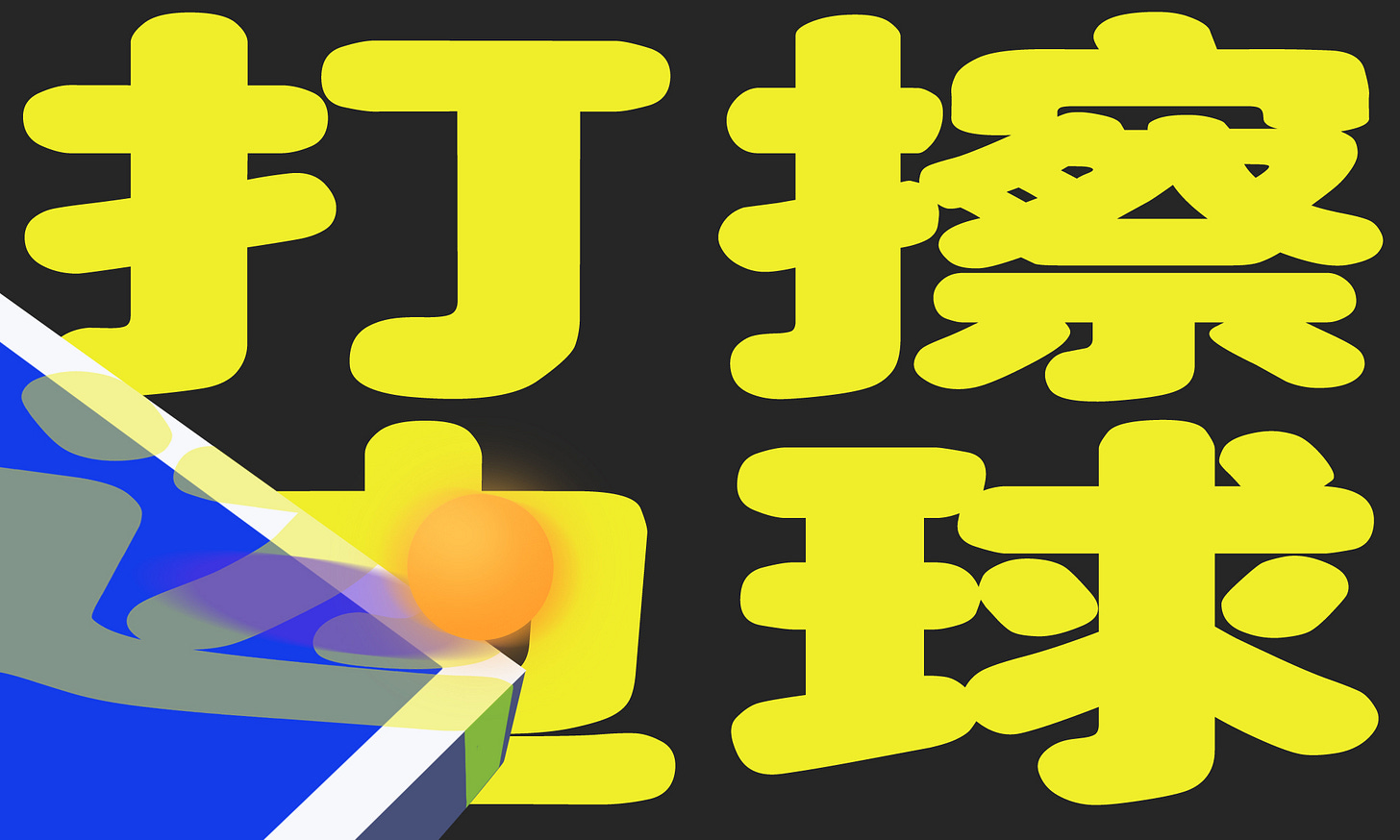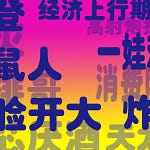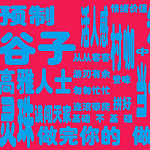Welcome to RealTime Mandarin—a multimedia resource to immerse you in the latest Chinese language trends, inspire you to practice and improve your Mandarin every week, and empower you to communicate with confidence.
Subscribe now to get the next issue straight to your inbox!
China's footballers are not competing at this year's World Cup.
Chinese football fans are mostly locked down across China and unable to travel to Qatar.
But Chinese companies are there in a big way.
Chinese brands are spending more on sponsorship at the Qatar 2022 World Cup than companies from any other country, totalling nearly $1.4 billion, exceeding that of US companies at $1.1 billion.
The four official Chinese sponsors are Wanda Group, Hisense Group, Vivo and dairy company Mengniu.
在今年的卡塔尔世界杯上,中国企业成为本届世界杯最大赞助商,为卡塔尔世界杯赞助了共13.95亿美元,超过了美国的11亿美元。共有四家中国企业入选官方赞助商名单:万达集团、海信集团、蒙牛乳业、vivo。
For these brands, the hundreds of millions of Chinese football fans are their most important audience.
Hisense Group (海信 hǎixìn), China's biggest TV manufacturer, made this clear with its advertising slogan - which only appeared in Chinese - during the tournament's opening match between Qatar and Ecuador:
中国第一,世界第二 - China number one, world number two.
The meaning is ambiguous. Hisense could be saying it's China's number one, and the world's number two; or it could mean for Hisense China comes first, the rest of the world comes second. Fitting with China’s increasingly nationalist tone at home.
The ambiguity did not go unnoticed in China:
Domestic advertisements are banned from using the word ‘first’, which is also not true here (Hisense is not number one in China). In China it would be cut. But overseas, Chinese companies like Hisense appear to be protesting against the Chinese authorities.
国内广告禁用“第一”,这也明显不符合实际情况,如果此广告在国内定然被砍,但现在是投在国外,商家大有点向国内主管方示威的劲头
So Hisense has pulled off an impressive and high profile gaming of the Chinese system from Qatar. But people there are not so impressed in China:
This electronics company has taken advantage of a loophole by claiming it’s China’s number one at the World Cup. Regulators in China might turn a blind eye to this kind of cheap trick, but it's drawn the disdain of Chinese companies.
这家电器打了个擦边球,跑到世界杯上去自称“中国第一”。这种小聪明,躲开了国内的处罚,但躲不开国内友商的鄙视。
So this week we explore conversations from both sides of the argument on whether this loophole, known as an ‘edge ball’ in Chinese, was a stroke of brilliance by Hisense, or a company trying to be too clever.
Favourite Five

1. 刷脸 shuā liǎn
brush face; appear on screen many times
除了在世界级赛事上频繁“刷脸”之外,还应强调过硬的技术与产品实力 - As well as regularly appearing at international sporting events, companies should also focus on their tech and quality of products.
2. 擦边球 cā biān qiú
edge ball; loophole
这个案例更具“擦边球”意味的一点在于,它也并非完全不涉嫌违反《广告法》- This really is an example of an ‘edge ball’, because technically the advert does not breach China’s advertising laws.
Note: we discuss this more in The China Project phrase of the week.
3. 有点东西 yǒu diǎn dōng xi
you have a little something; looks interesting
“海信今年这广告有点东西”,国内体育网站虎扑在微博上如是说 - Hisense’s advert this year looks intriguing, said Chinese sports website Hupu on its Weibo.
Note: Internet slang which usually describes someone or something that is actually better than they appear to be. Similar meaning to 有点意思.
4. 恨铁不成钢 hèn tiě bù chéng gāng
hate iron for not becoming steel; be exasperated at sb.'s failure to make good
球迷对国足恨铁不成钢,看到什么都感觉在“内涵”国足 - The national team have completely let their fans down, who feel every post online is taking a dig at the Chinese team.
Note: 内涵 is used as verb here which is common in internet language, which here means ‘taking a dig’.
More: originally from Dream of a Red Chamber (红楼梦) which Zoe discussed in more depth in the podcast @ 22 mins.
5. 墙内开花墙外香 qiáng nèi kāi huā qiáng wài xiāng
blossom on the inside of the wall makes it smell nicer on the other side
刘建宏认为这一届世界杯一定会在这个冬季掀起一波营销高潮“墙内开花墙外香” - Liu Jianhong believes the World Cup will set off a wave in sports marketing over the winter: Chinese brands will use this international event to raise their profile at home.
Consuming the conversation
Useful words
PUA
pick-up artist
你看到了,你买单,对老外我们不骗人,对老乡,我们量身定制PUA - The ad is for you to see. The product is for your to buy. They don’t try to deceive people outside of China, they’ll only do that to their own people - it’s a tailored scam.
Note: PUA is from the American slang, ‘pick-up artist’. The meaning has evolved in the Chinese: meaning anything from sexual harassment to more general scams, depending on context.
恍惚 huǎng hū
absent minded; without noticing it
汉字广告遍地,恍惚间是一个没有东道主球队的中国世界杯 - There are Chinese language advertisements everywhere. If you weren’t concentrating, you’d think you were in a World Cup hosted by China but without the host team.
奸商 jiān shāng
profiteer
最后是要通过中国消费者赚回?这些“奸商” - In the end these companies will make their advertising money back from Chinese consumers - it’s total profiteering!
扎堆 zhā duī
gathered around
这些企业都是全球化做得特别好的品牌。而他们扎堆世界杯,也能说明问题了 - These companies are all brands that have done a good job in globalization. It’s therefore no surprise they have all come to the World Cup.
争脸 zhēng liǎn
fight face; win back respect after an embarrassment
这些中国企业在为男足争脸了 - These Chinese companies are trying to win back some respect for China’s football team.
Three-character phrases
岂不是 qǐ bù shì
would it not be
只敢用一种语言宣传自己,岂不是巨大的浪费 - They are only willing to use one language to promote themselves. Is this not a huge waste?
Note: a more written way to say 难道不是…吗?
硬杠杠 yìng gàng gang
hard; rigid














